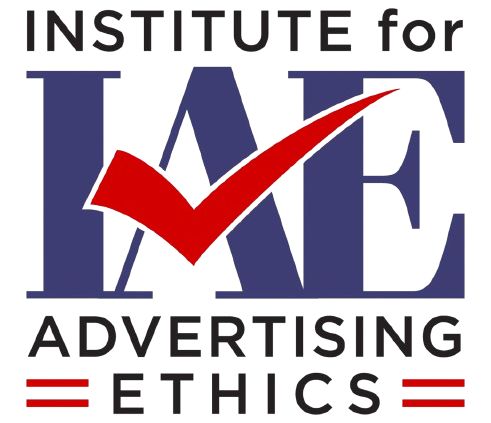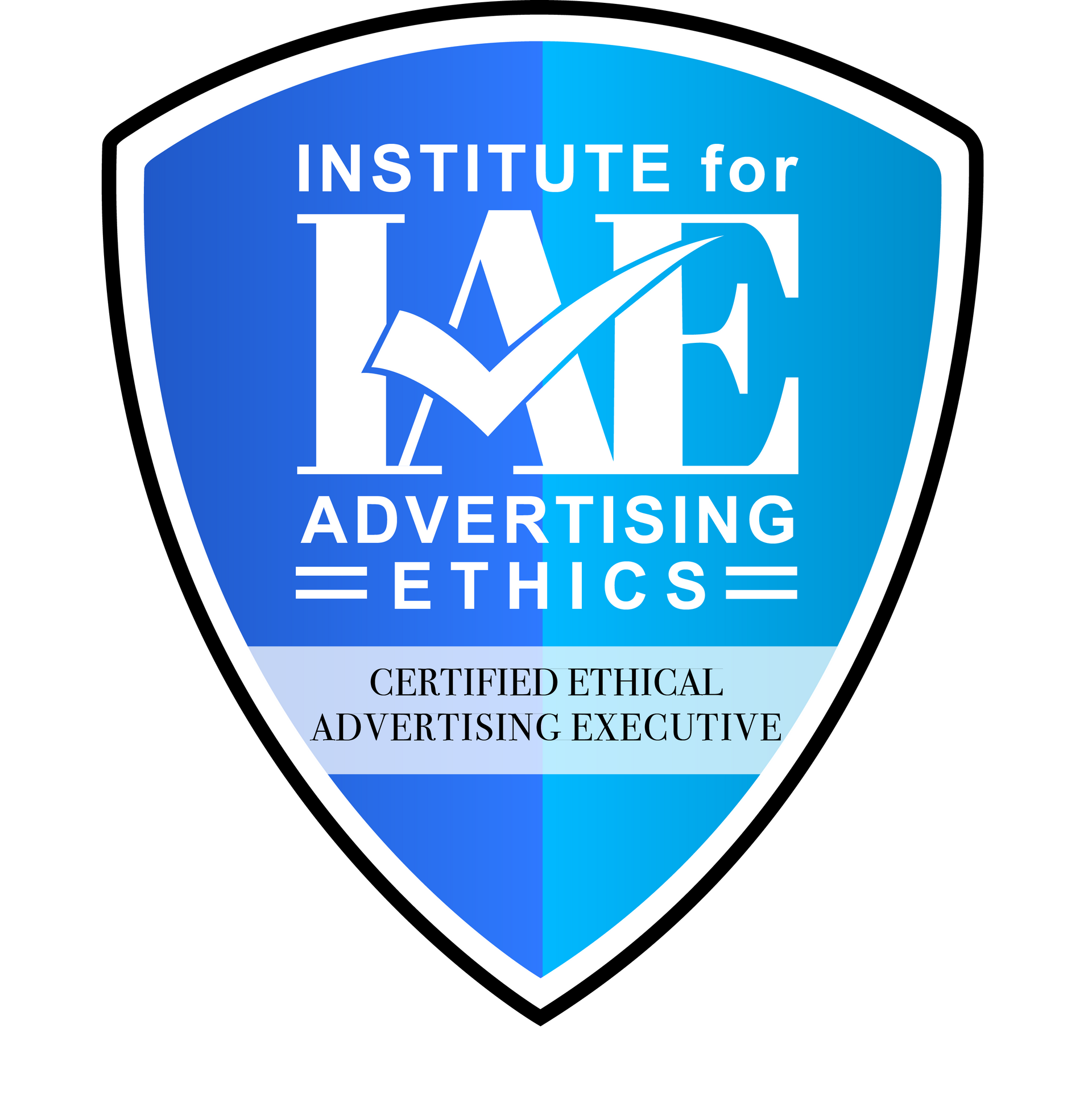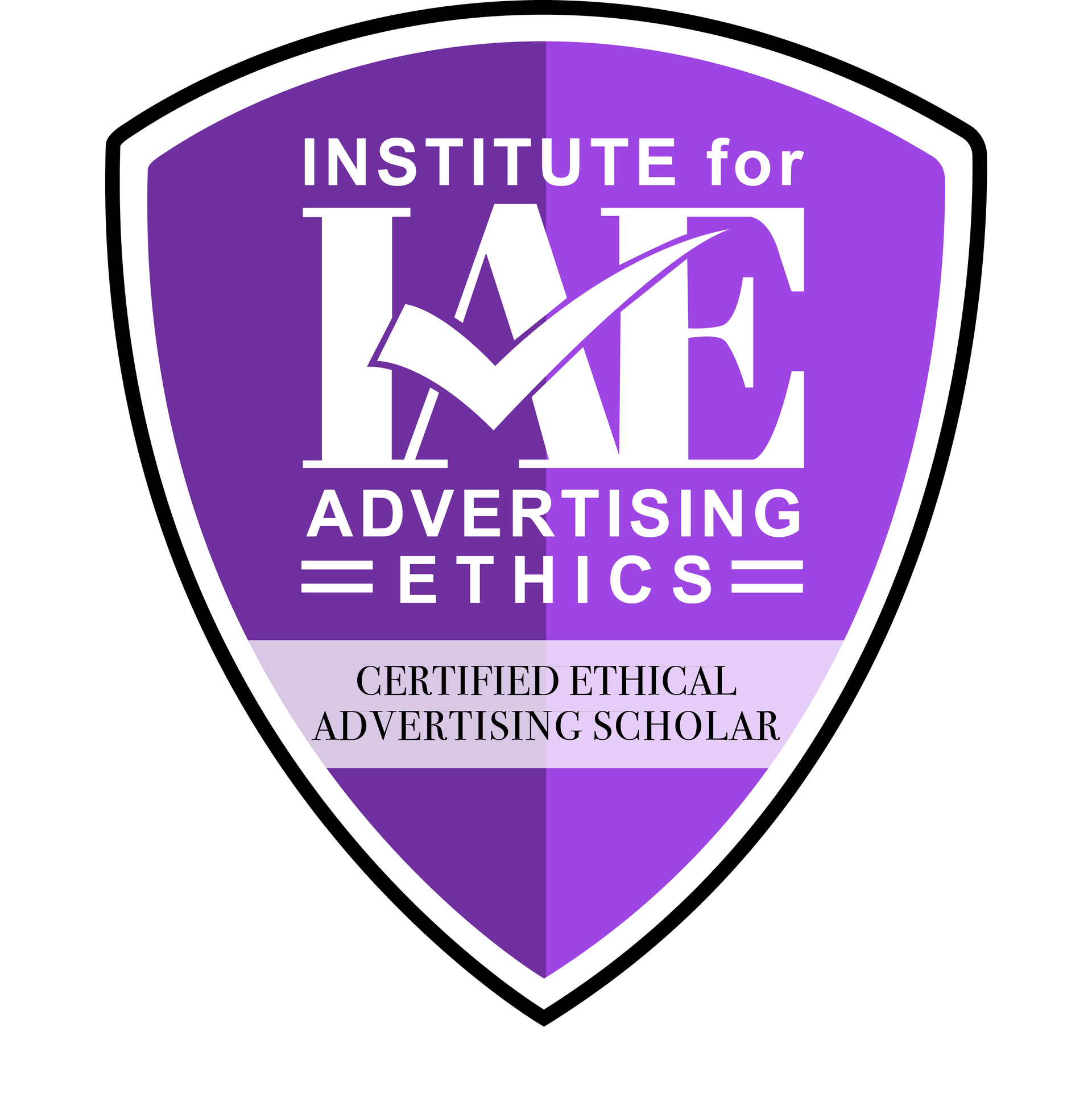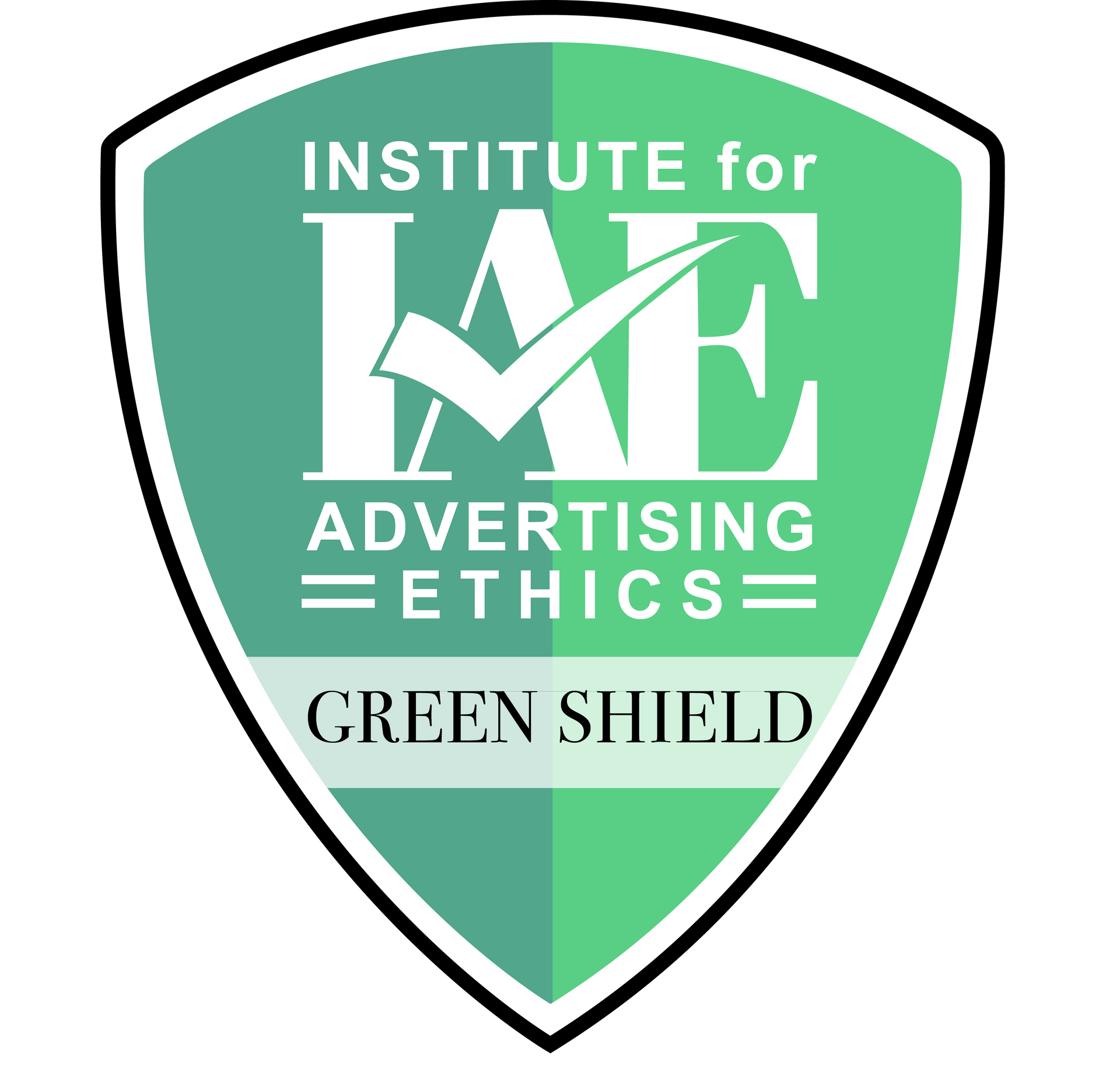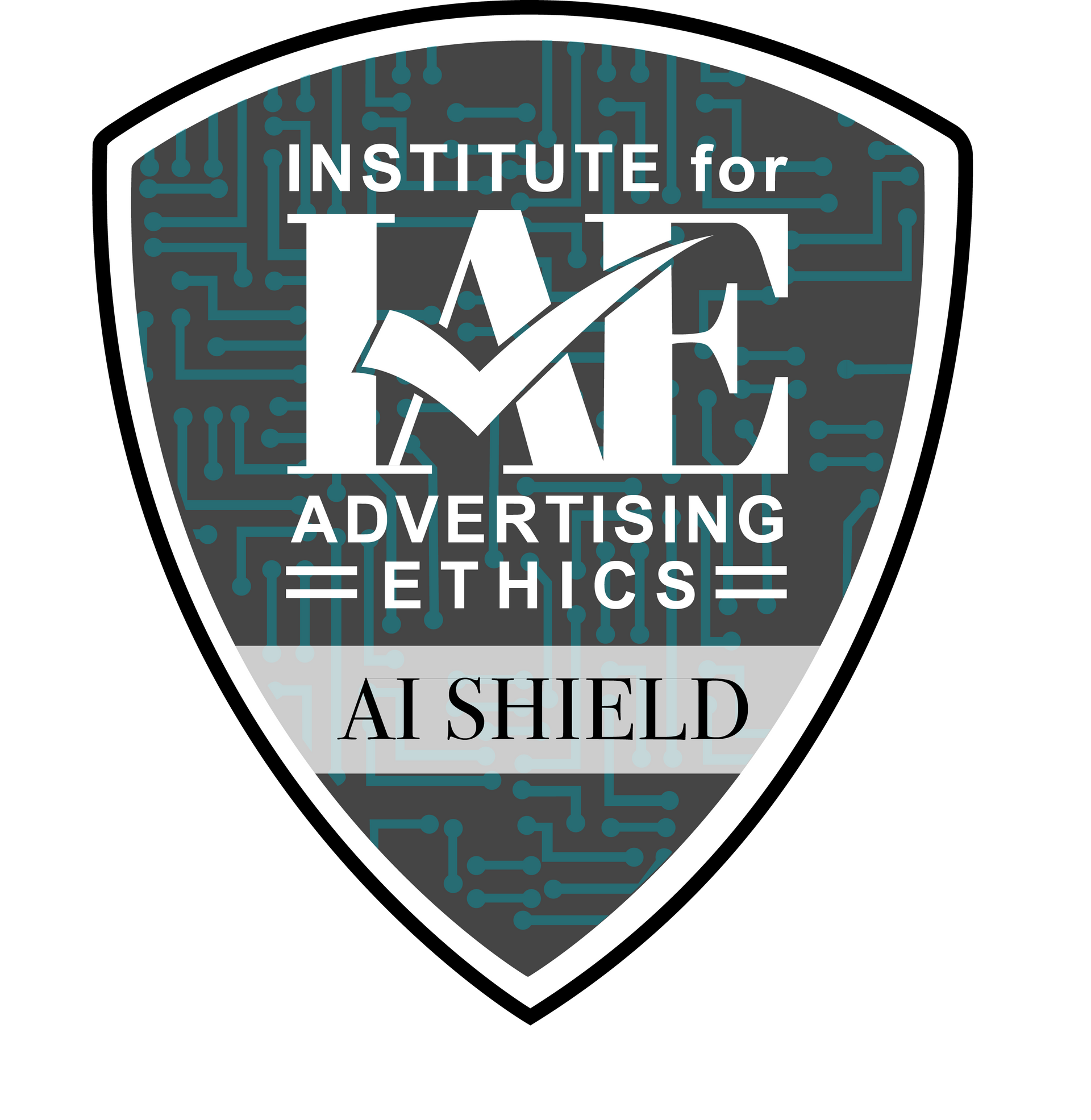Trust Builders: Jef Richards
Meet Jef! A member of our Trust Builders community and IAE Advisory Council.
Jef is a Professor at Michigan State University (MSU) and will be retiring at the end of this year. In the past he has taught MSU's Advertising Campaigns capstone course, Consumer Behavior course, and Advertising & Society course (as well as some others). His specialty is Advertising & Society, which really is MSU's law and ethics of advertising class. He doesn't belong to a lot of organizations, but the primary one is the American Academy of Advertising. He is also part of the IAE Advisory Council!
How have the IAE's certifications impacted you, your career, and your approach to ethical advertising?
I took the certifications because they are relevant to my Advertising & Society class. Also, in that class I require my students to get the CEAS, as part of their course credit.
In addition, I have known Wally Snyder, a founder of IAE, for decades. I was around when he was developing the IAE ethical principles, so they've been a part of my professional life from the beginning.
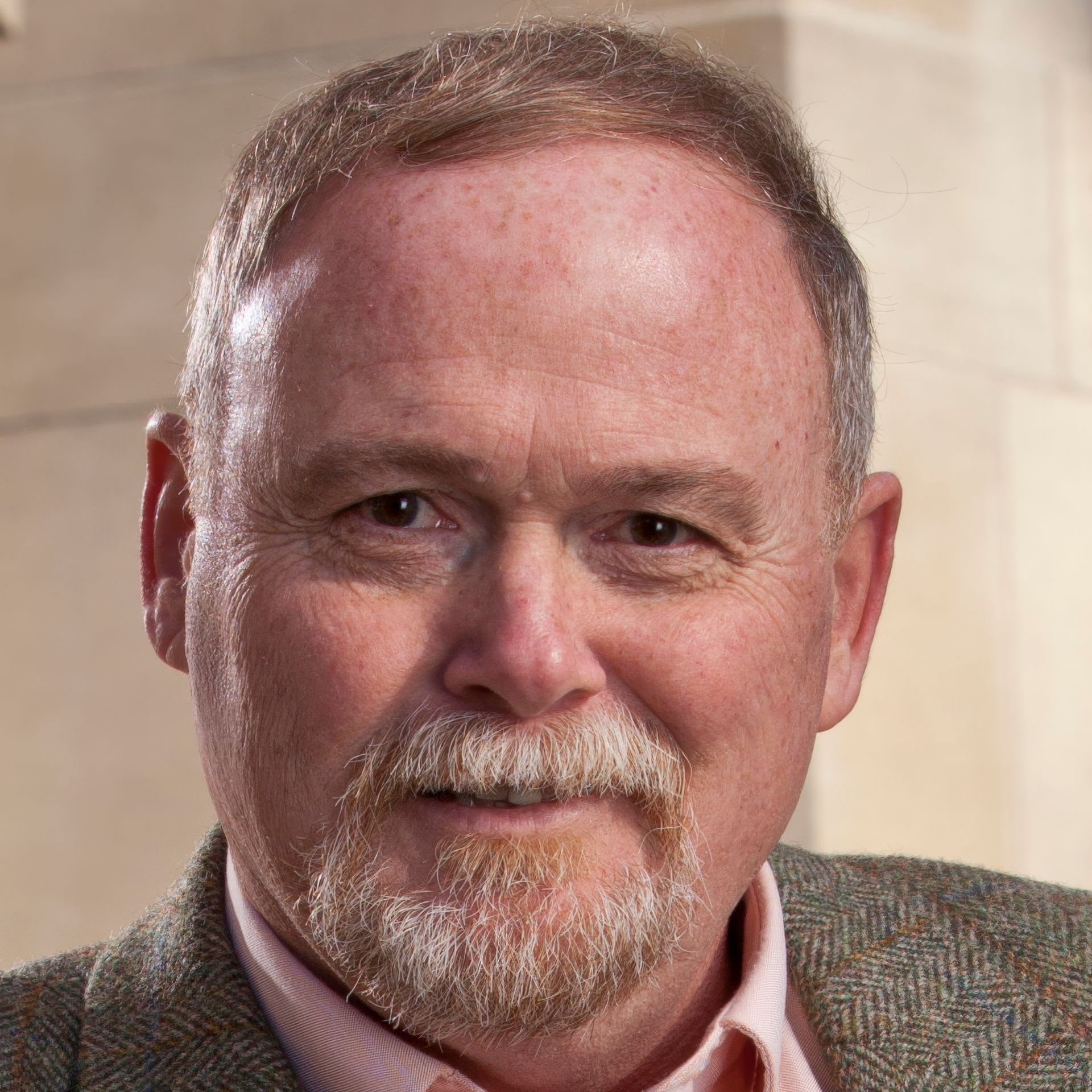
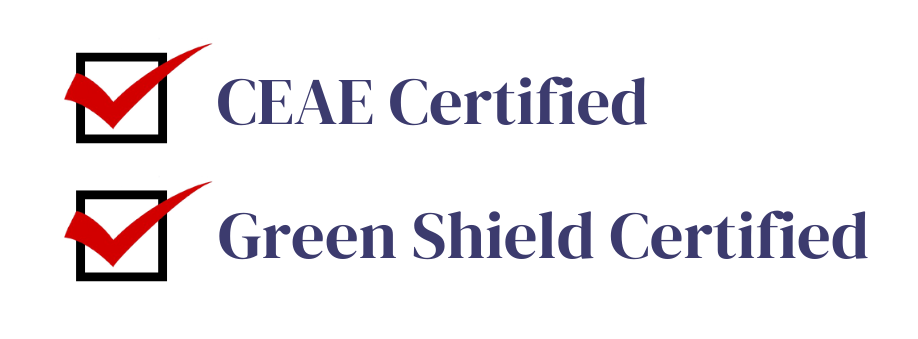
What Ethical Advertising Principles and Practices do you actively apply in your work and how?
Since I don't practice advertising, my use is a bit different. I teach this area, so all of the principles are relevant to, and have an influence on, my teaching. If I had to identify anything I consider most fundamental, I would choose the thing that runs through both Principal 4 and Principal 6: transparency.
Principle 4.
Advertisers should clearly disclose all material conditions, such as payment or receipt of a free product, affecting endorsements in social and traditional channels, as well as the identity of endorsers, all in the interest of full disclosure and transparency.
Principle 6.
Advertisers should never compromise consumers’ personal privacy in marketing communications, and their choices as to whether to participate in providing their information should be transparent and easily made.
Why is ethics important for advertising?
Ethical practice is about building TRUST. Advertising is communication, and if you can't trust what someone tells you they won't believe you. Without trust, real communication won't happen. Without communication, advertising won't function. So ethics is the platform upon which this entire profession is balanced.
What are some of the biggest ethical challenges you see in advertising today and how do you think these challenges can be overcome?
The ethical challenges are many, and constantly changing. But probably the most elemental challenge is education. Advertising used to be handled almost entirely by agencies that had training and standards regarding how not to misuse advertising, at least when it was on a national or international scale. Yes, there were many, many, small businesses that did their own advertising, with only the media (e.g., newspapers) to call attention to misuses, but the damage from those was confined to a local scale.
Today, thanks to the Internet, thousands of businesses are born every day, and all of them potentially can reach globally. Businesses are run out of basements and garages, mostly by people who have no knowledge of advertising law or ethics, yet they advertise their brands across multiple nations and a myriad of cultures. The challenge, then, is: how do we stem the flow of misleading, offensive, and horrific advertising claims from people who don't even realize they are crossing lines of propriety?
We want to highlight you too! Fill out
this form
to be featured on our Trust Builders Spotlight.
